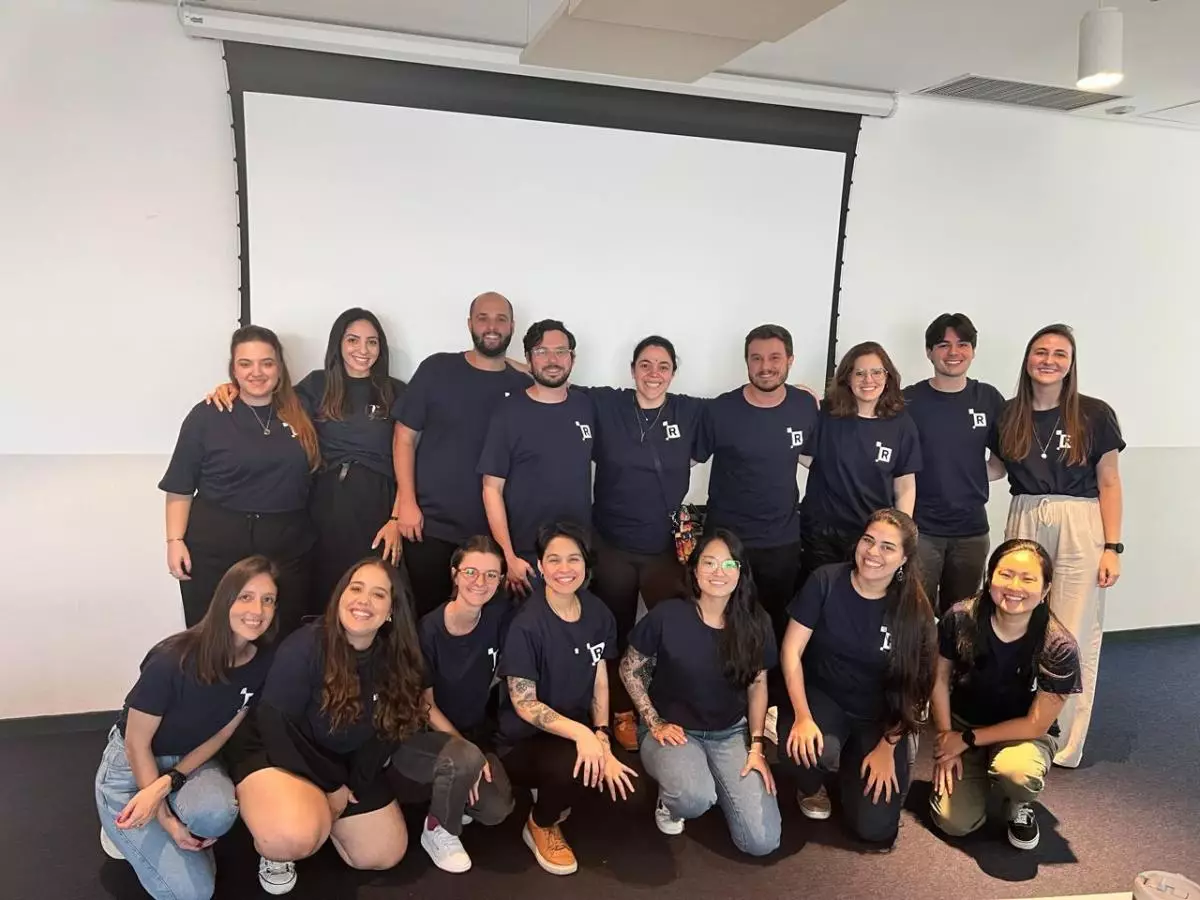As the technology landscape undergoes rapid transformation, driven heavily by advancements in Artificial Intelligence (AI), a noteworthy trend has emerged: a significant uptick in U.S. companies’ reliance on developer talent from Latin America. While many tech firms are requiring their employees to return to traditional office settings, the call for skilled developers—specifically those adept at post-training AI models—continues to echo louder than ever. Revelo, a notable player in this domain, has observed this shift firsthand. The platform connects U.S. businesses with a vast pool of vetted developers across Latin America, a movement that is reshaping how companies acquire technological expertise in today’s competitive environment.
The demand for such talent is not merely an ephemeral trend; it represents the next critical phase in the evolution of AI. As companies grapple with developing more advanced, efficient large language models (LLMs), the need for expert input has become paramount. This input hinges on human data that can significantly enhance the capabilities of LLMs in executing specialized, high-stakes tasks. Lucas Mendes, co-founder and CEO of Revelo, has articulated this urgency, noting that coding is one of the pivotal roles being sought after. The shift marks a strategic pivot; businesses are not merely searching for coders, but rather, they are searching for experts who can infuse intelligence into AI systems, making them more capable and effective.
The Power of Localization
One of the distinguishing factors contributing to the appeal of Latin American developers is their geographical proximity and aligned time zones with the United States. This proximity promotes smoother collaboration, reducing the typical hurdles associated with offshoring. While traditional offshoring often leads to frustrations due to time zone discrepancies and communication barriers, nearshoring allows companies to tap into high-quality talent without sacrificing the immediacy of communication. Revelo’s co-founder highlights how this strategy has facilitated the hiring of multiple skilled developers, enabling companies to construct cohesive teams with shared cultural and operational frameworks.
In a market characterized by an insatiable appetite for technological innovation, Revelo’s business model has emerged as not only strategic but essential. The company has witnessed a staggering surge in revenue, particularly in the realm of LLM training hires, which accounted for 22% of its earnings in 2024 alone. As firms increasingly recognize the importance of localizing talent, Revelo finds itself positioned ideally amongst competitors, facilitating connections that resonate both culturally and technically.
Pandemic Accelerations and Future Prospects
The COVID-19 pandemic triggered a transformative shift in the global workforce that seems to have bolstered Revelo’s outreach. With a host of U.S. companies realizing the effectiveness of distributed teams, the need for high-quality, remote engineering talent swelled. Revelo seized this moment and expanded its operations beyond Brazil, ultimately aiming to capture the broader Latin American market.
As Mendes noted, the pandemic propelled the company into a much larger playing field. The notion that capable, innovative talent could be sourced remotely became widely accepted, changing perceptions around geographic boundaries in hiring. With Revelo’s success, it became evident that these developers not only matched the caliber of their U.S. counterparts but often surpassed them in terms of the cost-benefit ratio.
As companies slowly navigate back to in-office strategies post-pandemic, Revelo continues to report sustained growth. Mendes advocates that unlike the cyclical nature of earlier waves of remote work, the demand for Latin American talent has remained steadfast, symbolizing a paradigm shift in how tech firms approach hiring.
Competitive Landscape and Strategic Acquisitions
Not resting on its laurels, Revelo is actively enhancing its competitivity by acquiring other companies in the Latin American talent space. In the past 30 months, Revelo has integrated five rivals, including Alto and Paretisa, indicating a commitment not only to expand their reach but also to fortify their offerings. These acquisitions encapsulate a forward-looking vision—one that seeks to construct a robust foundation of global talent that can adapt and thrive within the ever-evolving age of AI.
Mendes has articulated a conviction that the future will entail more such acquisitions, dedicated to building a “global talent backbone.” This strategic emphasis on growth through acquisition reinforces the potential for sustained innovation and expanded capabilities within the hiring landscape.
The unwavering commitment to leveraging the strengths found in Latin American talent fundamentally underscores a larger narrative: in an age where technology and human expertise intertwine, geographical borders become less relevant. Revelo’s approach heralds a remarkable transformation in the tech hiring paradigm, showcasing how embracing regional talent not only meets the immediate needs of companies but also fosters a collaborative, innovative culture across international lines.

